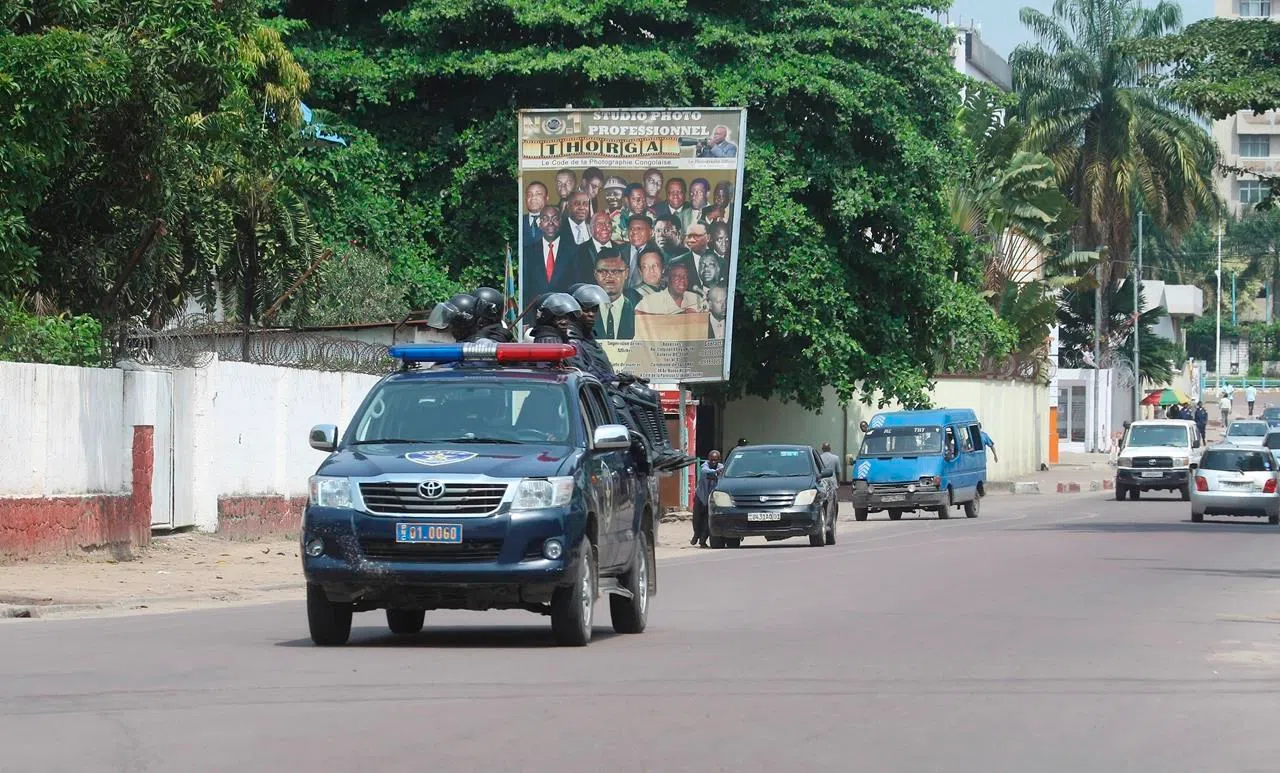
Military deploys across Congo’s capital as Kabila stays on
KINSHASA, Congo — Military and police deployed across Congo’s capital on Monday amid fears of unrest on the last official day of President Joseph Kabila’s mandate. He intends to stay on after the midnight deadline, said a presidential adviser, who also advised there is “no possibility” of elections in 2017.
At least 41 opposition members and activists were arrested in the eastern city of Goma on Monday, according to Human Rights Watch and local residents.
Anger has been growing since it became clear that the vote once set for November would not take place on time. Political talks between the ruling party and the opposition, mediated by the Catholic church, stalled over the weekend and are set to resume Wednesday.
Congolese officials have said more time is needed to update voter rolls and make other preparations.


